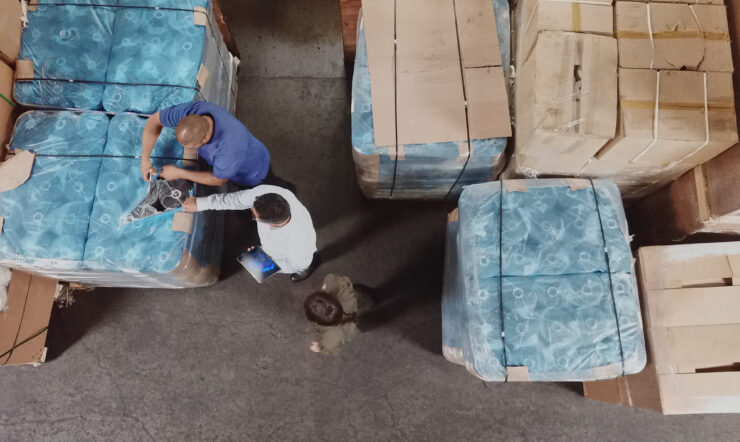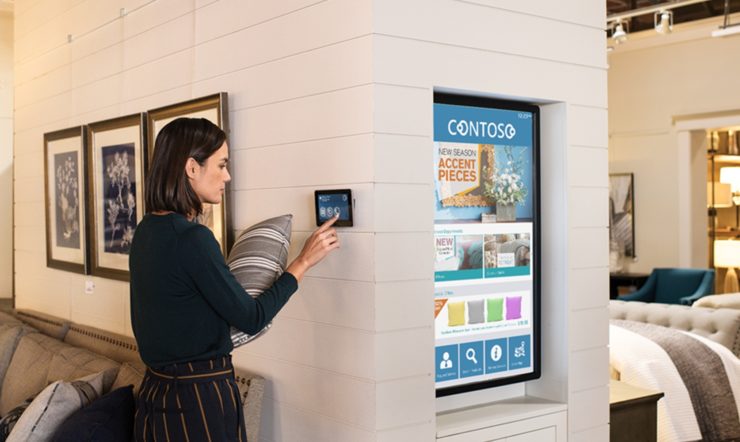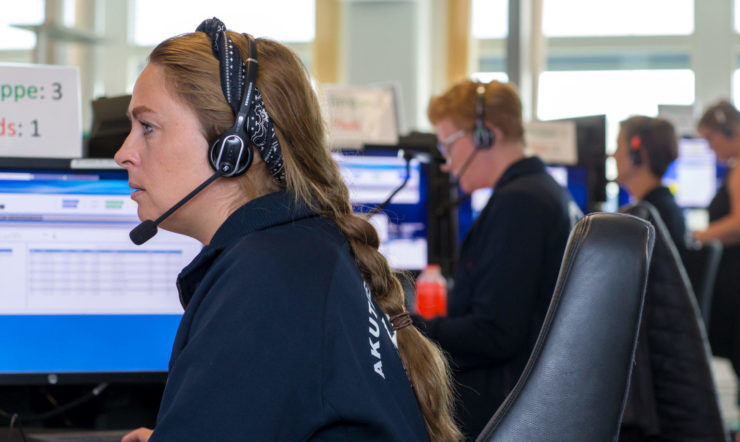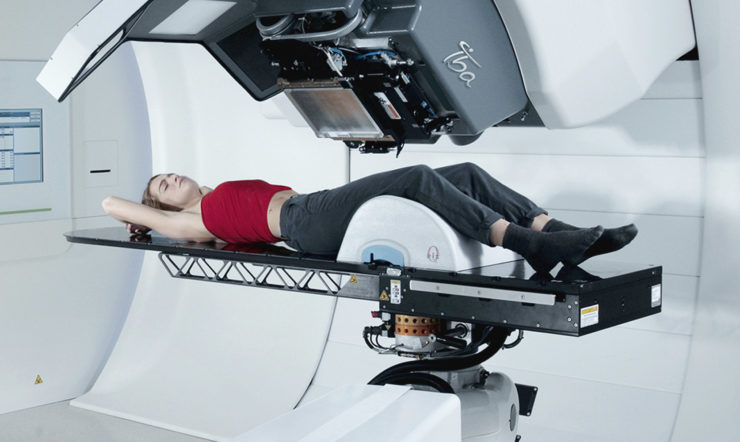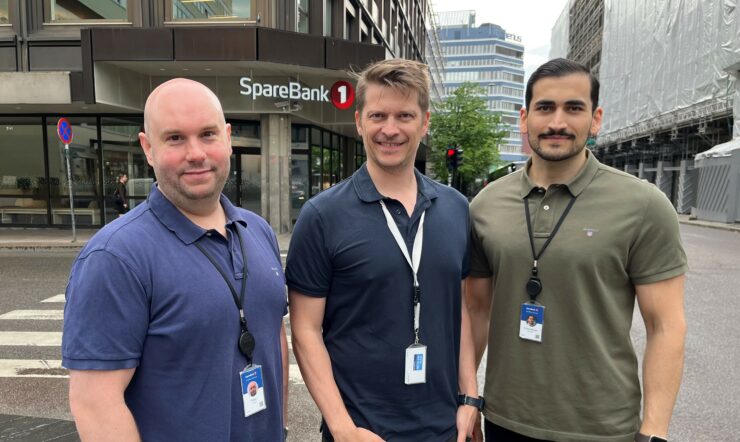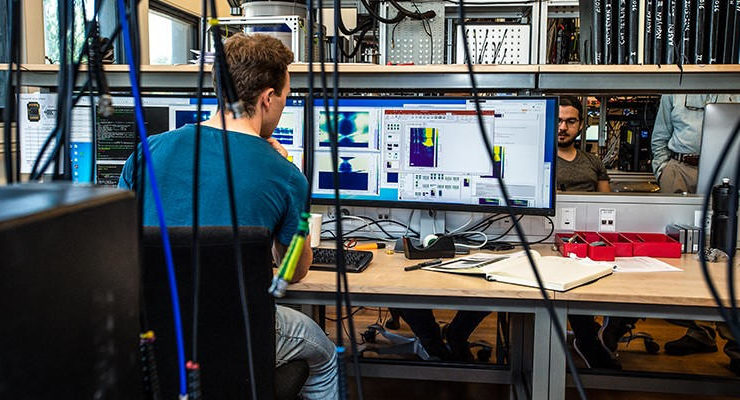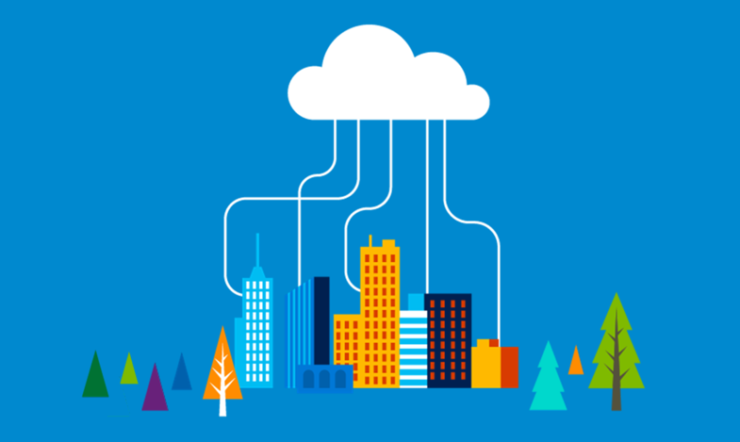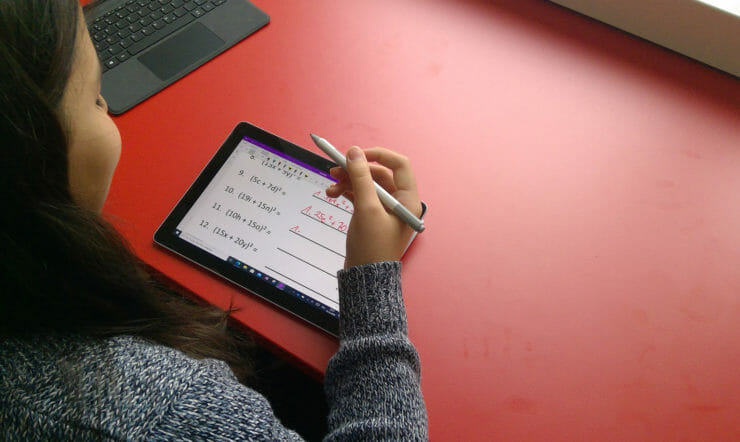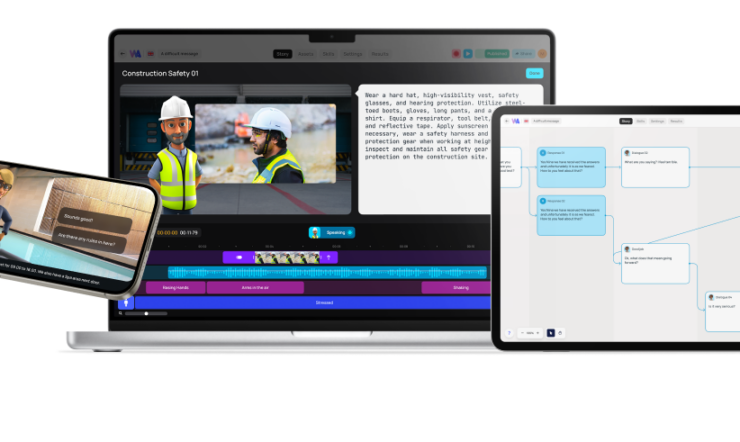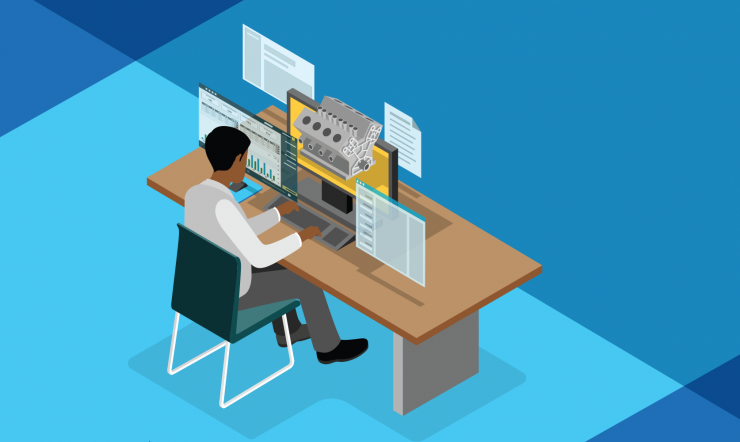“We’ve built a platform that will absolutely not stop under any circumstances.”
Henry Hagnäs, Enterprise Cloud Architect at Elkjøp, is talking about the significant digital transformation the Nordic electronics retailer went through in 2020 to help it get in shape for the modern retail world.
“We’re basically the Best Buy of the Nordics and the absolute biggest electronics retailer in Finland, Sweden, Denmark, and Norway,” he says. “We’ve always been good at getting people into our stores, even during COVID-19. Customers could order online and collect from their cars, and we also tested a video shopping experience, through Microsoft Teams, where a salesperson would show products to customers in their own homes.”
But, to stay ahead, the retailer recognized that it needed to invest in its digital systems. “On the digital side though, we needed to catch up with the competition and that’s what our Next Generation Retail project was about. Developing a new cloud-based infrastructure that would not only help improve our e-commerce platform, but revolutionize our in-store experience too,” says Hagnäs.
Modernizing a traditional retailer
Starting as a cooperative of 33 merchants in 1962, Elkjøp now operates a workforce of around 12,000 employees and offers customers an omnichannel experience—both online and through more than 400 stores across Norway, Sweden, Finland, and Denmark, along with franchises in Iceland, Greenland, and the Faroe Islands.
“We’re a traditional retailer at heart—very good at buying, selling, and choosing locations with lots of products on the shop floor that always undercut our competitors,” explains Hagnäs.
“It’s a really dynamic and aggressive way of selling that has made us four times bigger than the next leading electronics retailer. But putting this focus on our big stores has also made us quite slow on the digital side, with outdated hardware like our old text-based point of sale (POS) system that we hadn’t upgraded for over 20 years.”
In 2016, Elkjøp decided to digitally transform itself for the future by developing microservices in the Web Apps feature of Azure App Service and Azure Cosmos DB that would enable the retailer’s e-commerce platform and POS system to share the same functionality. This led to a significant improvement in Elkjøp’s systems, both online and in store, helping it to process over 200 credit card purchases per second on Black Friday in 2017.
Elkjøp recognized that shopping behavior was changing, and with demand for electronics on the rise, a new project was launched to modernize the company’s sales systems and help meet the flexible needs of modern consumers.
“The aim was to revolutionize our sales systems,” says Hagnäs. “But instead of upgrading each platform individually, we worked with partner Aurum to build this new functionality in the cloud using Azure, with a Kubernetes service layer based on Azure Kubernetes Service (AKS) that would provide everything we need to drive the business. A new, simpler platform that combines our traditional POS and e-commerce systems and offers the services of both on any device—that’s what our Next Generation Retail project was all about.”
A next generation sales system
With little focus on digital in the past, Elkjøp never built much of an IT team in-house and instead brought in consultants to build and integrate new solutions with its current systems. This created a mix of different applications that each worked in its own way but were also complicated to manage.
“The Next Generation Retail project aimed to modernize our old functionality, starting by moving almost all our core business into Azure,” says Hagnäs. “Building in AKS also gave us a more stable infrastructure for our microservices and application programming interfaces (APIs), helping everything easily work with our refreshed ERP and POS systems.”
This new POS system was a key element to Elkjøp’s sales modernization. With more advanced functionality that could be run on any device, physical tills could be removed from the shop floor to empower staff to make sales on the go.
“We did a load test of the POS system in spring 2020, a few days before launch,” recalls Hagnäs. “It was a tense time and I had to put my reputation on the line to say it would work. But thanks to the flexibility of the cloud, any last-minute mitigations could easily be applied without delay. With help from Microsoft and Aurum, we successfully implemented the POS system across 40 stores in Denmark on time, all remotely from our head office in Norway, in the middle of COVID-19.”
He adds, “Even with the social distancing regulations, we saw a rise in sales across all our Denmark stores because of the flexibility this system offers. Customers get a smoother experience where they can pay anywhere in the store, and our staff has access to extra information to help add value, such as product recommendations and home delivery options.”
Building a world in Kubernetes
Since launching its new Azure Kubernetes Service platform, more than 150 of Elkjøp’s microservices are now being hosted in Kubernetes, as well as its new POS system, providing the retailer with an effective Platform-as-a-Service that allows data such as stock information, payment APIs, and customer records to be easily incorporated and help drive business forward.
“What’s great about AKS is that it’s a platform people can build on top of and shape in whatever way the project requires,” says Fredrik Klingenberg, Senior Consultant at Aurum, member of the Microsoft Partner Network.
“Elkjøp now has a stage to orchestrate the hundreds of containers it has running in the cloud and any applications within them. When traffic is high, it has the freedom to scale up, if business slows down it can easily scale down—giving Elkjøp the best of both worlds in one flexible package.”
Hagnäs adds, “Once we roll this platform out to every country, these services will touch every sale in every channel, so we need to be sure everything is always working properly. With AKS we can add health checks that alert our operations people when a service is down or even predict when a problem might occur, giving us the chance to catch and fix the fault without disrupting our customer experience.”
As well as improvements in both performance and reliability, Elkjøp expects to see a significant financial gain when moving its microservices from Web Apps, going from NOK3.6 million hosting costs per year to just NOK372,000 with everything running on AKS.
“In retail the margins are really crazy, so we need to make sure we always run on a workload that is optimized for cost,” explains Hagnäs. “Now, using all the tricks to save money in Azure, we’ve made an incredible 90 percent savings, which is ticking so many boxes that the additional costs of building this platform will probably be paid back within a year.”
Pioneering the future of retail
As Elkjøp moves into a new year, the retailer is planning to expand its POS system and Azure Kubernetes Service to other countries, predicting that by the end of 2021, over NOK40 billion per year will be flowing through one or more AKS clusters.
“This has really been a team effort between Aurum, Microsoft, and importantly our developers, who have done an amazing job of upgrading the code to fit into Kubernetes,” says Hagnäs.
Elkjøp and its developers have control to customize its system as it moves forward. “They can do lots of fiddling and once they’re happy, just leave it and Kubernetes will run like that forever, so there’s not much maintenance needed to keep it going afterwards. It’s the reason we’re looking to shut down our old data center and move everything to Kubernetes, including any new innovations we roll out, like our improved e-commerce platform,» Hagnäs continues.
“I think it’s a testament to how much we trust in Microsoft, because by the end of 2021 we will literally be running all of our business in Azure,” says Hagnäs.






